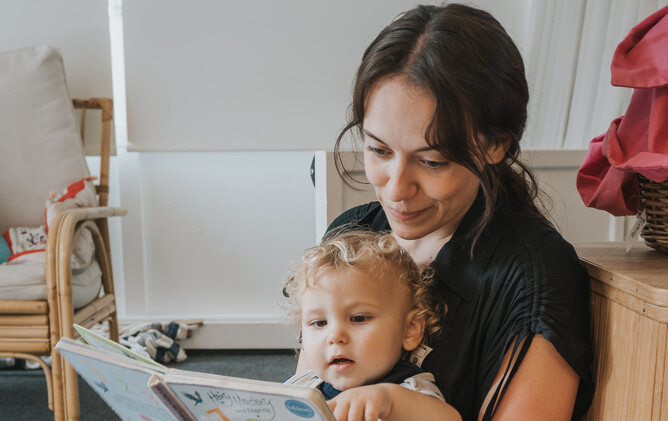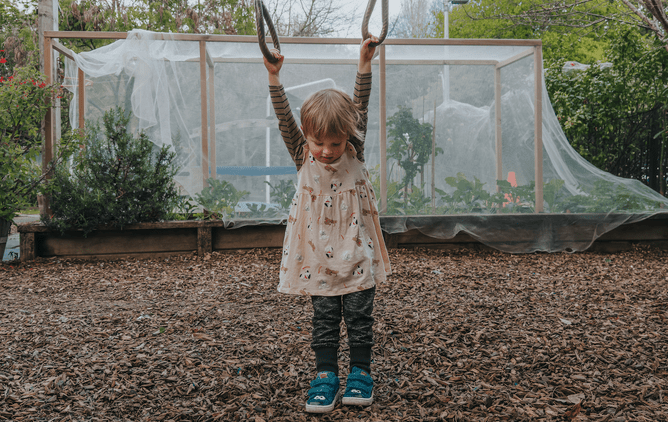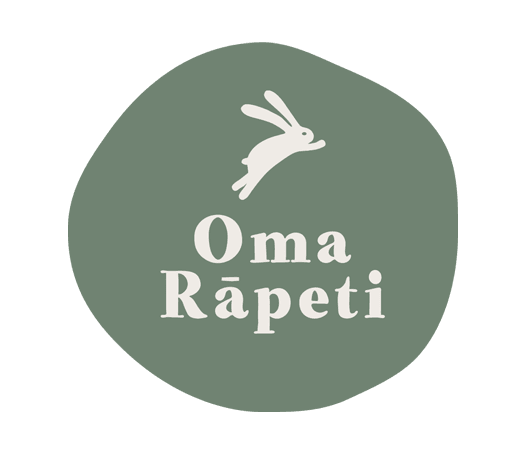Dysregulation and Co-regulation For Parents and Children
We live in a time where we are saturated with parenting advice like never before. Some of it is useful, some of it not, and much of it can be conflicting and confusing. While I want to offer some practical advice here, I also acknowledge that being honest about our parenting struggles is often even more useful than reading advice. This blog offers an account of something that I know many of us parents struggle with - feeling overwhelmed - and what I try to do to make these situations a little better.
We’ve had a hard time in my household lately with illness and disrupted sleep. My pre-school-aged child can struggle with daily transitions, (getting out of pyjamas and into clothes, getting into the car, getting out of the car, leaving shops and playgrounds, etc.). I know this is very normal behaviour for this age group. After being unwell and housebound for several days, we really needed to get out and about. I’m sure you know how it is.
We eventually get buckled into the car after much faux-brightness and cajoling on my part, we make it to the local shops, run our errands, run, run, run around the mall in the post-illness delirium that comes with renewed energy and being out in open spaces after being cooped up for so long, and then it’s time to go. Honestly, I dread this final part. From a child’s perspective, I’m essentially saying, ‘time for your fun to end, darling! Let’s leave this big, stimulating place and get you strapped into a confined space so we get you home as safely as possible.’ I know there are several positive tactics I could employ to tackle this often tricky transition but I don’t always have the energy for these. Sometimes, I just give the warning, ‘this is the last thing we’re going to do before we leave,’ and I hope for the best.
On this occasion, we made it to the car and, miraculously, into the car seat pretty easily. This is going well, I think to myself just before all hell breaks loose. In my adult mind, I’m doing parent-maths while thinking about all the things I need to get done after my child has gone to bed. I’m thinking, we need to get home. We’ve spent too long at the shops. If we can make it home by this time, then we can get dinner prepped before getting into the bath at roughly this time, give or take the 10 minutes or so that is spent on, ‘I don’t want a bath,’ and then another 10 minutes for, ‘I don’t want to get out of the bath.’ That gives us roughly x-amount of time for eating, playing, teeth, ‘no, I’m not tired,’ books, and, hopefully, bed and sleep at a reasonable hour.
All of these things are running through my subconscious as my child squirms and cries and rapidly becomes quite distressed in their just-fastened seatbelt. I have a momentary thought of just climbing into the front seat and driving us home but this is quickly extinguished when I return to my senses a little. I know what’s happening here and I know what needs to be done. The tears are streaming down my child’s face and I know that we don’t need to be at home right now. While there is still so much to do in the day, I know that my child needs my help more. I want to cry with my own frustration but I’ve learned how to push that aside for now. Instead, I unbuckle my child and we cuddle tightly. I take deep, slow breaths in and out and rhythmically pat my child’s back. Soon enough, the tears and the aguish stop. I’m not sure how long we stay like this, (I need to stop focussing on the parent-maths!), but we’re soon back in the car, making our way home, and everything just feels a little lighter. I still feel overwhelmed by everything on the to-do list but I feel a little bit better about everything, too. That cuddle actually really helped me.
I used to think of these episodes as tantrums but I feel that this word has a negative stigma, like a ‘naughty’ child would just 'tantrum' when they didn’t get their own way. What happened here was actually just a classic case of dysregulation. When children (and adults!) experience big emotions, we can become dysregulated - a state where the nervous system is overwhelmed and we struggle to manage feelings and behaviour. Dysregulation can manifest in various ways: crying, screaming, hitting, running away, or becoming very quiet and withdrawn. I was surprised to learn that so many of the sort of behaviours we used to always think of as ‘naughty’ and defiant were actually the actions of a child feeling a little out of control. These behavioural responses are normal and represent a child's developing ability to process emotions and experiences. I, too, feel overwhelmed in stressful situations. I was becoming dysregulated as I was trying to get us to leave the mall but I am learning how to recognise these feelings and to better regulate my own emotions.
I know that one of the most powerful parenting tools we have is our calm, attentive presence. Rather than immediately trying to fix the situation or stop the tricky emotion, I know we should try and stay close by, offering quiet support, acknowledging and accepting the feelings, and waiting patiently, allowing the child to move through their emotions at their own pace.
But we are also humans. While the adage, ‘fit your own oxygen mask before helping others,’ makes sense, it isn’t always helpful in non-aircraft emergencies. Sometimes we can’t just step away and calm ourselves before attending to our screaming child. Sometimes that just isn’t practical or it feels too impossible in the moment. This is where co-regulation can help - the act of calming down together. By co-regulating with my child in that car park, (stopping moving, taking deep breaths, cuddling, back pats, soothing words, etc), I was role-modelling and teaching my child how to do this. As a parent, some of the worst moments have become some of the best moments. My child and I were both feeling dreadful and out of control but, together, we were able to turn that around. These moments of connection and shared experiences mean a lot to me and I know they mean something to my child, too. My child won’t remember how we ate dinner and got to bed on time (or not) - what will be remembered is how we felt. That moment of returning calm and reconnection will probably turn out to be the most important part of our day that day.
It is so hard to see our children struggle and it’s even harder when we feel powerless or too overwhelmed to help. I often have to remind myself that dysregulation is not a reflection of my parenting. It is a normal part of child development and, in many ways, proof that the developing brain is doing what it is supposed to do (developing!). While one of our roles is to provide a secure base from which our children can safely experience and learn to manage their emotions, it’s also fine to be authentic with our own emotions when we don’t feel okay. We don’t have to pretend to be jolly all the time. It’s okay to articulate our own frustration to our children and it’s even more powerful to show them how we can return to calm again. This attitude is quite new for many parents of our generation. We are learning how to accept emotions let them run their course, not to try to quash them as bad behaviour. We are breaking cycles and learning how to do this for the first time. It's hard! Accepting and working through emotions is a cornerstone of our philosophy here at Oma Rāpeti Freeman's Bay. Remember, you can always reach out to us if you ever need help with supporting your child’s emotional regulation.



